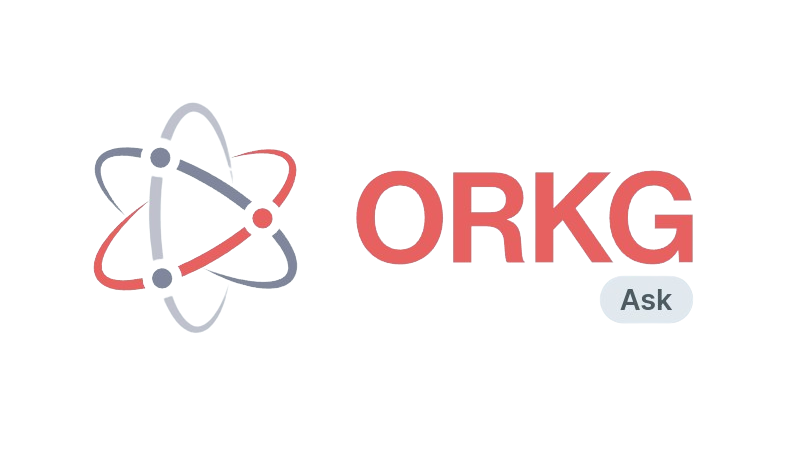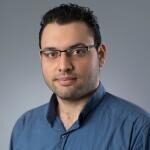Users can enter their research questions directly on the ORKG ASK homepage. The system searches for suitable answers and relevant literature in a database that currently contains more than 76 million publications.
Literature search
ORKG ASK Transforms Research
Searching for relevant scientific literature can be a huge task for researchers. With over 100 million articles available, finding what you need can be difficult. ORKG ASK, developed by the TIB – Leibniz Information Centre for Science and Technology and the L3S Research Centre, offers a solution. This innovative search and exploration system uses large language models (LLMs) alongside a structured knowledge graph to provide researchers with precise answers to their scientific questions.
Three building blocks for better research results
ORKG ASK uses a multi-level approach to make the research process more efficient:
- Semantic Search: Users can enter their questions in natural language and receive a curated selection of highly relevant articles.
- Large Language Models (LLMs): Open-source AI models extract detailed answers and summaries from these articles to provide direct and accurate insights.
- Knowledge graphs: The Open Research Knowledge Graph (ORKG) organises scientific information, links interdisciplinary findings, and improves knowledge accessibility.
Why is ORKG ASK advancing research
The system offers researchers many advantages:
- Comprehensive access to a database containing over 70 million publications from various disciplines.
- Fast and precise: The Retrieval Augmented Generation (RAG) method provides targeted answers to complex research questions.
- Interdisciplinary perspectives: ORKG ASK connects knowledge across disciplinary boundaries.
- User-friendly: Functions such as literature management, filter options, and export functions simplify everyday tasks.
ORKG ASK offers a new approach to scientific work
ORKG ASK goes beyond conventional search systems. It actively supports scientists by finding and contextualising relevant literature. The system also promotes transparency: AI-generated content clearly shows where the information comes from and how it was processed. As an open-source, open-data project, all data is freely available.
The TIB and L3S research team intend to continue developing ORKG ASK. Planned enhancements include multilingual functions, domain-specific data models and personalised search options, as well as closer integration into the research process, from idea generation to publication.
ORKG ASK is supported by a major initiative involving TIB, L3S, the European Research Council, the National Research Data Infrastructure (NFDI) and the Leibniz Association. The initiative’s shared objective is to enhance scientific searches using cutting-edge AI technology and support researchers in achieving the right findings more quickly.
Contact

Dr. Allard Oelen
Allard Oelen is head of the ORKG user interface team at the TIB.

Prof. Dr. Sören Auer
Sören Auer is a member of the extended L3S Board of Directors, Director of the TIB – Leibniz Information Centre for Science and Technology and Professor of Data Science and Digital Libraries at Leibniz Universität Hannover.



